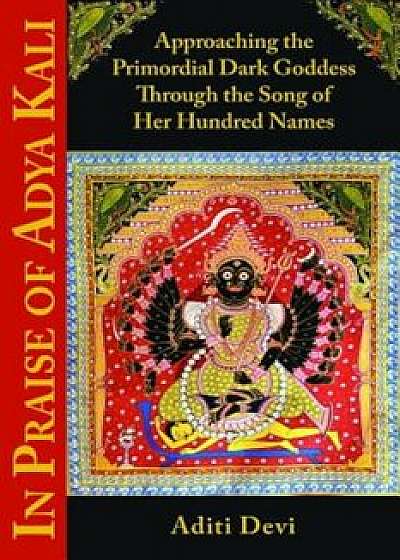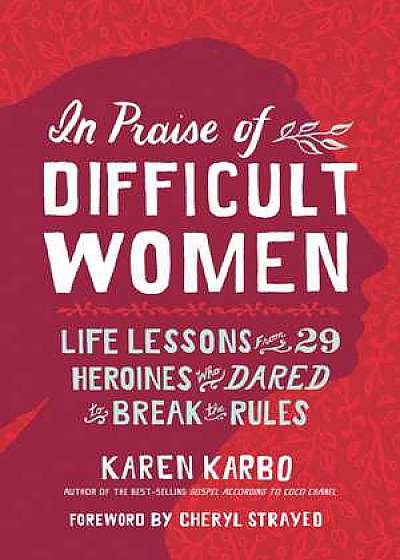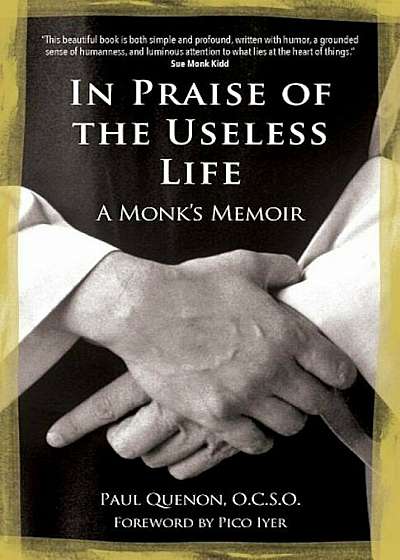
In Praise of Adya Kali: Approaching the Primordial Dark Goddess Through the Song of Her Hundred Names, Paperback/Aditi Devi
Descriere
This book details the goddess Kali and the culture of devotion to her in West Bengal and South Asia. The term Adya means primal, original or archean. Adya Kali is the primordial energy, the shakti, that creates, preserves, and transforms/dissolves all existence. She is the womb that births all, and the tomb that swallows all. In Praise of Adya Kali is different from most contemporary books about Kali because it offers a liturgy of worship, a type of spiritual practice (sadhana) that the reader (both male and female) can use over the course of days, weeks, or months, to cultivate a direct devotional relationship to Kali. But, beyond that, In Praise of Adya Kali is a context-setting guide. Rather than simply recommending that we recite these sacred names, each one a prayer, the author establishes this practice as a general orientation to life. Furthermore, and most compelling, the text and Commentaries on this liturgy contain an intimate revelation of how the goddess establishes herself in her devotees' bodies and thus intervenes, by unconditional love and acceptance, in their lives. A lengthy Introduction, both scholarly and personal, describes the goddess and the possibilities that these prayers will offer. Aditi Devi guides us in how to build a shrine to Kali, various types of offerings to make to her, and suggests a schedule for how to use this liturgy with a long-term commitment over the course of 108 nights. This book presents a serious practice, not for the faint-hearted. It requires courage, strength and joy to permit the goddess's energy to slowly, sensuously and irrevocably be invoked-conceived, allowed to gestate, birthed according to her will. And while the orientation here is toward realizing her sacred presence in the "womb" of the devotee, the practice can be undertaken by anyone. The physical form of the body is not a limitation, as the author notes: "In this lineage we practice into the depths of whatever form we have, & arise from within that, knowin





